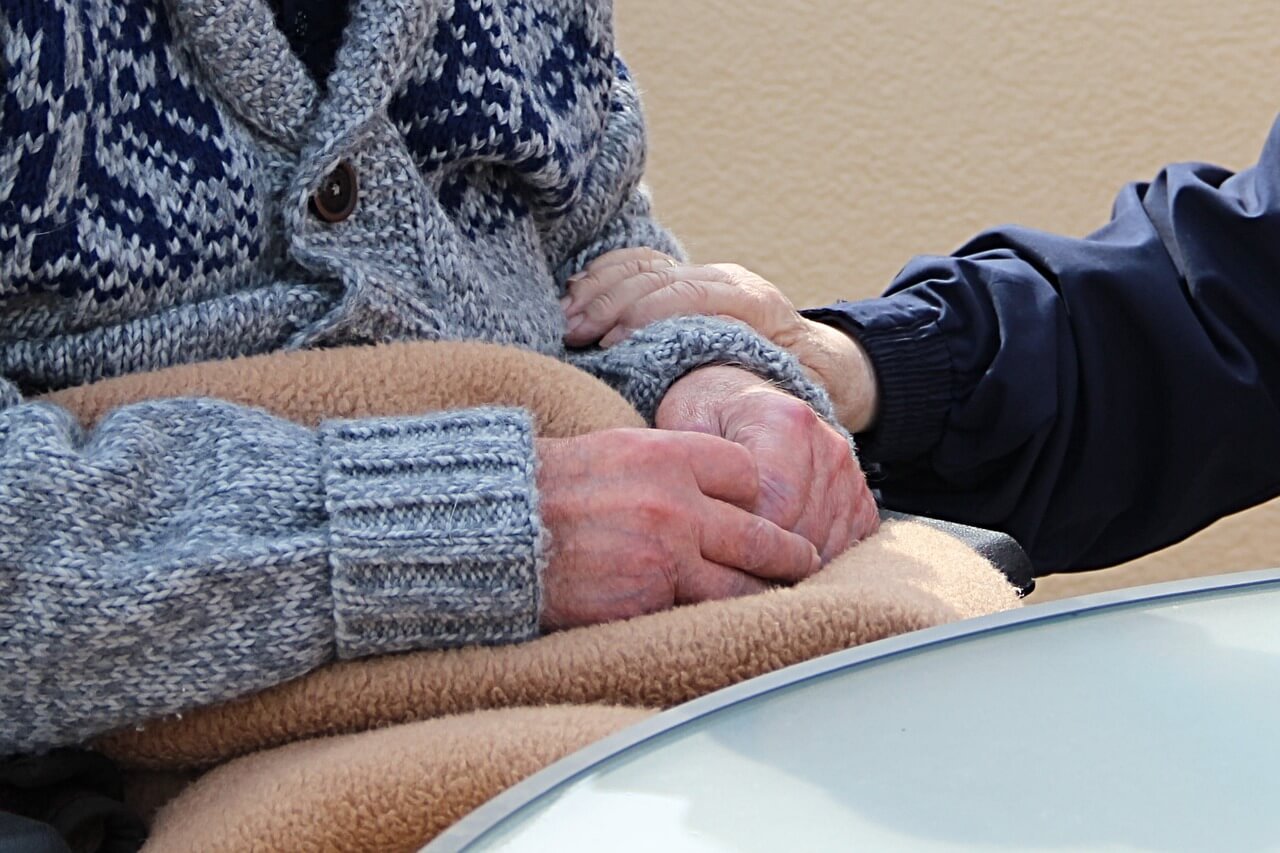Nurturing Recovery: The Importance of Post-Operative Nursing Care
The period following surgery is a critical phase in a patient's journey to recovery. Post-operative nursing care plays a pivotal role in ensuring a smooth and successful recuperation. In this brief blog, we'll explore the significance of post-operative nursing care and highlight key aspects that contribute to the well-being of patients in the crucial days and weeks following surgery. This is where post operative care comes in.
Immediate Post-Operative Period:
Monitoring Vital Signs: In the immediate aftermath of surgery, vigilant monitoring of vital signs such as heart rate, blood pressure, and oxygen saturation is essential. This allows nurses to quickly identify and address any signs of complications.
Pain Management: Effective pain management is a cornerstone of post-operative care. Nurses work closely with patients to assess pain levels and administer appropriate medications, ensuring comfort while promoting mobility
In this blog post, we will explore what respite care is, and the benefits of nursing agency respite care for caregivers.
Wound Care and Infection Prevention:
1. Wound Assessment: Regular assessment of surgical incisions is crucial to identify any signs of infection, inflammation, or other complications. Proper wound care, including dressing changes, helps minimize the risk of infections.
2. Preventing Deep Vein Thrombosis (DVT): Nurses play a vital role in preventing complications like DVT by encouraging early ambulation, administering prescribed blood-thinning medications, and utilizing compression stockings.
Patient Education and Rehabilitation:
1. Clear Communication: Nurses provide detailed instructions to patients and their families regarding post-operative care at home. This includes information about medications, activity restrictions, and signs of potential complications.
2. Encouraging Early Mobilization: Rehabilitation often starts soon after surgery. Nurses assist patients in performing gentle exercises and movements to prevent stiffness, improve circulation, and expedite the recovery process.
Emotional Support:
1. Addressing Anxiety and Concerns: Post-operative recovery can be emotionally challenging. Nurses offer empathetic support, addressing patient concerns, and providing reassurance throughout the healing process.
2. Promoting a Positive Environment: Creating a positive and supportive atmosphere contributes significantly to the healing process. Nurses foster a caring environment that aids in the patient's mental and emotional well-being.
Proper Nutrition
Eating a balanced diet rich in nutrients promotes healing. Follow any dietary recommendations provided by your healthcare team. Stay hydrated and aim for foods that support healing and boost your immune system
Attend Follow-Up Appointments
Scheduled follow-up appointments with your surgeon or healthcare provider are essential. These appointments allow them to monitor your progress, remove stitches or staples if needed, and address any concerns or complications that may arise during recovery.
How Staff Relief Can Help Your Family
Post-operative nursing care is a dynamic and multifaceted process that goes beyond the immediate recovery phase. By closely monitoring vital signs, managing pain, preventing infections, facilitating rehabilitation, and providing emotional support, nurses play a vital role in guiding patients through a successful recovery journey. Their expertise and compassionate care are instrumental in helping individuals regain their health and resume their daily lives after surgery.
Staff Relief offers respite care options and private homecare services to meet the unique needs of each family. We believe that everyone deserves quality care and support. If you're a caregiver in need of respite services, we encourage you to call us (905-709-1767) today. Our compassionate and experienced trained staff can provide the support and relief you need to take time for yourself and recharge your batteries.



